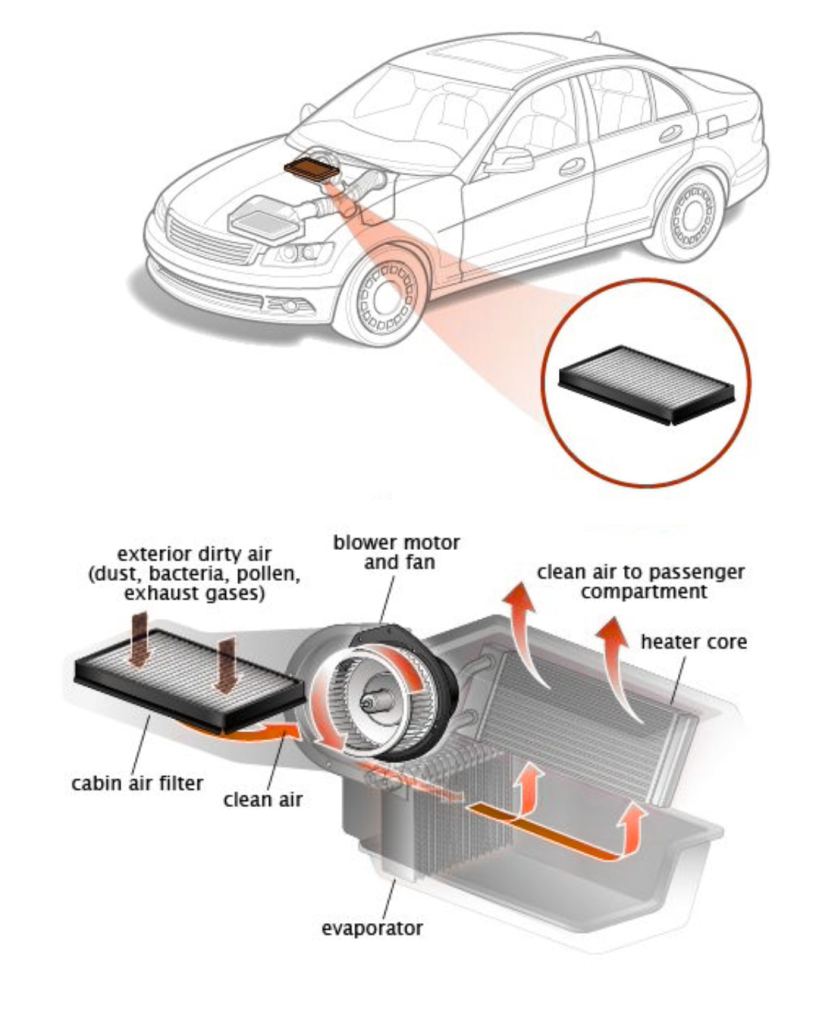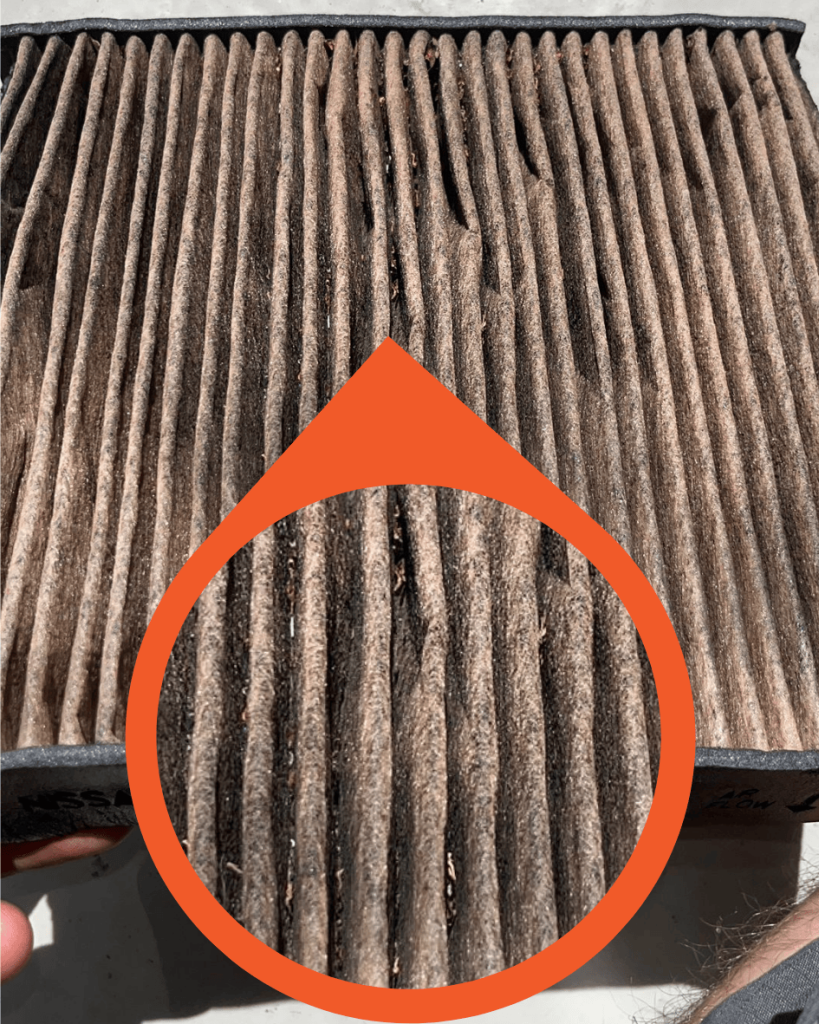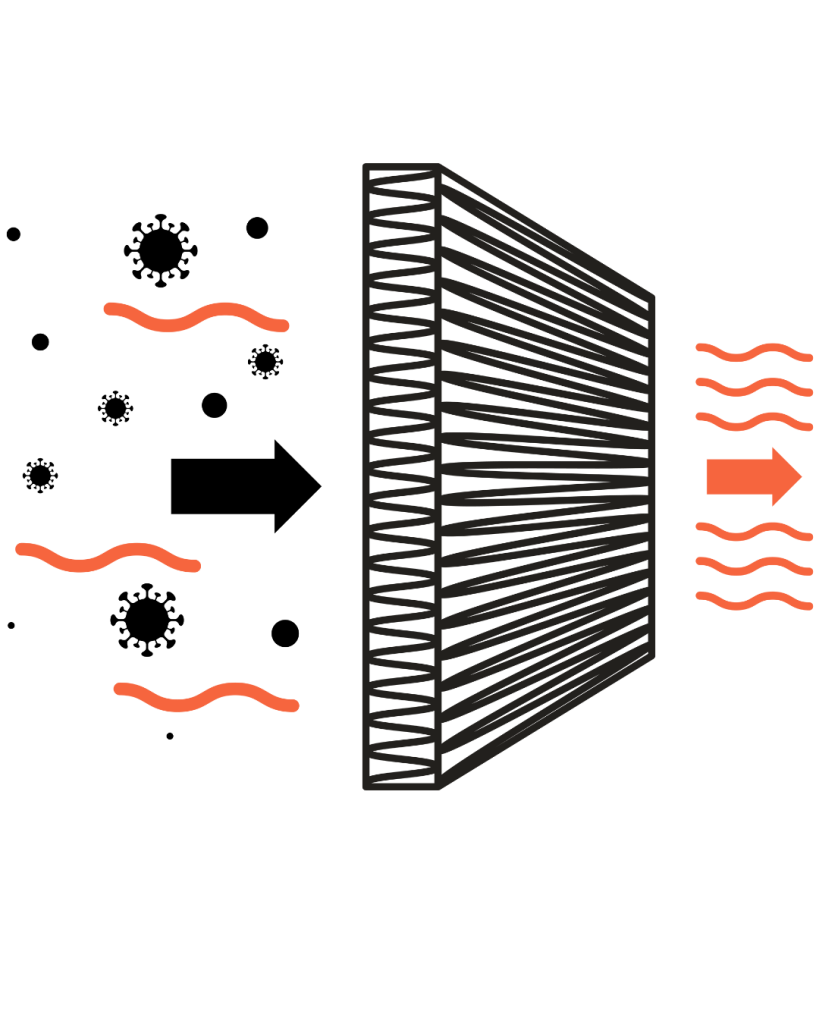Alright, folks, Simon here coming to you from CCM in the heart of the Southeast of England.
As a Senior Technician with more years under the bonnet than I care to admit, I’ve seen just about everything roll through our garage doors. From seized engines to mysterious rattles, we tackle it all. But today, I want to talk about something that often gets overlooked yet plays a crucial role in your driving experience: your cabin air filter.
It might sound like a minor component, tucked away out of sight, out of mind. But believe me, the cabin air filter is a silent workhorse, constantly battling to keep the air inside your vehicle clean and fresh. And just like any filter, it needs some tender loving care.
More Than Just Fresh Air | How Your Cabin Air Filter Impacts Performance and Comfort
Think about it, you spend a significant amount of time in your car. Whether it’s the daily commute, the school run, or a weekend getaway, your vehicle is a space you inhabit. And just like your home, you want the air inside to be as clean and healthy as possible.
That’s where your cabin air filter comes in…

What is a cabin air filter?
Its primary job is to filter out all sorts of airborne nasties before they make their way into your car’s ventilation system and, ultimately, your lungs. We’re talking about dust, pollen, exhaust fumes, soot, allergens, and even microscopic particles. A healthy cabin air filter ensures you and your passengers are breathing cleaner air, which is particularly important for anyone suffering from allergies, asthma, or other respiratory conditions.
So what?
The impact of a neglected cabin air filter extends beyond just air quality. It can actually affect your vehicle’s performance and, crucially, your comfort:
Imagine trying to breathe through a thick, dusty blanket. That’s essentially what your car’s heating, ventilation, and air conditioning (HVAC) system is doing when the cabin air filter is clogged. The blower motor has to work much harder to push air through the restricted filter, leading to increased wear and tear on the motor itself. This can result in reduced airflow from your vents, weaker air conditioning, and even a less effective heater in the winter. In severe cases, it can even lead to premature failure of expensive HVAC components.
Ever found yourself waiting ages for your windscreen to clear on a damp morning? A blocked cabin air filter can be a major culprit. If air can’t circulate freely, the defroster simply isn’t as effective, impacting your visibility and potentially your safety.
If you’ve ever noticed a musty or stale smell wafting through your car, a dirty cabin air filter is often the prime suspect. As debris and moisture build up on the filter, it can become a breeding ground for mould, mildew, and bacteria, leading to those unwelcome odours.
Why does my cabin filter need changing anyway?

So, how does this vital component become so degraded? It’s simply a matter of doing its job. Every mile you drive, your cabin air filter is capturing all those airborne contaminants. Over time, these particles accumulate, building up a dense layer of grime and debris.
Think of it like a sieve – eventually, it gets blocked. This accumulation reduces the filter’s porosity, meaning less and less air can pass through.
Factors that accelerate this degradation include:

If you frequently drive in dusty areas, on unpaved roads, or in heavy urban traffic with high levels of pollution, your filter will work harder and clog up faster.
Spring and summer bring a deluge of pollen, which can rapidly block up filters, especially those without activated carbon layers.
Damp conditions can encourage mould and mildew growth on the filter, not only creating odours but also accelerating its breakdown.

And then there are the truly extreme cases…
Believe me, when I say we’ve seen it all, I mean it. I’ve personally pulled out cabin air filters that have become luxury condominiums for various creatures!
From mice building nests using filter material as bedding to spiders spinning intricate webs, and even the occasional family of insects, these little critters find the protected, dark, and often warm environment of the filter box quite appealing. Not only is this unsettling, but their presence can completely block airflow and even introduce additional allergens or pathogens into your vehicle. It’s a stark reminder of just how much debris can accumulate in that often-forgotten space.
Don't Delay, Breathe Clean Today!
So, what’s the takeaway from all this? Simple: Don’t neglect your cabin air filter!
While manufacturer recommendations for replacing your air filter vary, typically it’s every 12,000 to 15,000 miles or once a year, whichever comes first. However, if you do a lot of driving in challenging conditions, or if you notice any of the symptoms I’ve mentioned – reduced airflow, strange smells, or persistent misting – it’s definitely time for a check-up.
Here at CCM, we’re experts in all things vehicle maintenance, and that includes your cabin air filter. We can quickly and efficiently check the condition of your filter, advise on whether it needs cleaning or, more often than not, a full replacement with a high-quality filter designed for your specific vehicle. Investing a little in this often-overlooked component can save you bigger headaches (and bigger bills) down the line, ensuring you and your passengers enjoy a comfortable, healthy, and safe journey every time.
Is it time to give your car’s lungs a breath of fresh air? Don’t wait until those musty smells or weak airflow become a real problem. Get in touch with the team at CCM today! We’re your local experts in cabin air filter cleaning and replacement. Book your appointment now and breathe easy on the road!
Simon Mather
Simon joined CCM in 2014, contributing extensive expertise acquired as a Senior Technician for BMW UK. Since his arrival, he has been instrumental in the management of both our Cranleigh and Ewhurst workshops, ensuring the delivery of exceptional service and operational efficiency.



